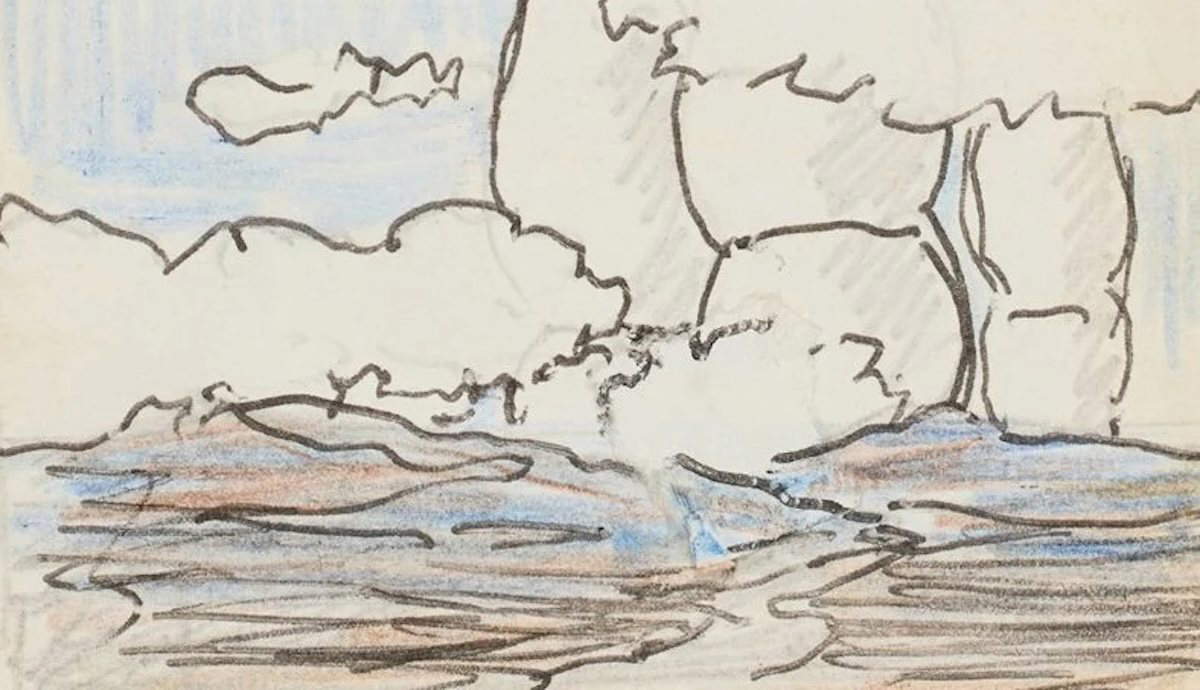
Researchers at Amsterdam’s Rijksmuseum have discovered the true identify of a couple painted by premiere Dutch portraitist Frans Hals. The museum determined that Jan van de Poll, mayor of Amsterdam in the 17th century, and his wife Duifje van Gerwen sat for the matching marital portraits around 1637. Frans Hals, known for his defiantly loose brushstrokes and convincingly lifelike figures, was among the most influential and sought-after portrait painters of the Dutch Golden Age.
Frans Hals Portraits Had Been Misidentified

When the Rijksmuseum acquired this pair of portraits by Frans Hals in 1885, the museum’s then director incorrectly identified the subjects as Nicolaes Hasselaer, a brewer and major in the Amsterdam city guard, and his second wife Sara Wolphaerts van Diemen. Recently, however, Jonathan Bikker, curator of 17th-century Dutch painting at the Rijksmuseum, determined that the sitters had been misidentified.
Bikker investigated the wills of Van Diemen’s grandchildren and great-grandchildren, which revealed that the Hals portraits were not part of the family’s line of inheritance. Additionally, two other known portraits of Jan van de Poll, both painted in the 1650s, revealed a clear likeness to the earlier Hals portrait. It was also confirmed that Jan and Duifje are direct ancestors of Jonkheer Jan Stanislaus Robert van de Poll, who gifted the pair of paintings to the Rijksmuseum in 1885.
A Rare Pendant Portrait Pair

Jan van de Poll was a seven-time mayor of Amsterdam in the 17th century. His wife, Duifje van Gerwen, was the youngest daughter of a wealthy Amsterdam wine dealer. When the couple wed in 1637, Jan and Duifje seemingly traveled from Amsterdam to Frans Hals’ Haarlem studio to sit for the marital portraits, which were traditionally made to hang together. At this point in time, Hals’ portraiture was extremely popular—but the newlywed couple took advantage of an unusual gap in Hals’ busy commission calendar.
A few years prior, Hals had begun work on an especially ambitious commission: his first and only group portrait of an Amsterdam militia. As one of the most famous Dutch artists of the era, the Hals never traveled to accommodate his clients. When several members of the militia group refused to travel to Hals’ Haarlem studio, the Amsterdam-based artist Pieter Codde agreed to finish the neglected canvas in 1637. This suddenly freed up Hals to take on new commissions, for which Jan and Duifje were willing to make the trip between cities. Their resulting portraits are the only pendant paintings of an Amsterdam couple to be made by Frans Hals.
Rijksmuseum’s Frans Hals Retrospective Closes June 9

The recently re-identified portraits of Jan van de Poll and Duifje van Gerwen are currently on display at the Rijksmuseum as part of a major retrospective on the Dutch portraitist. Frans Hals features about fifty paintings from international collections that span Hals’ influential decades-long career. After the exhibition closes on June 9, the portraits will travel to Berlin’s Gemäldegalerie for its upcoming exhibition on Frans Hals and his contemporaries.









